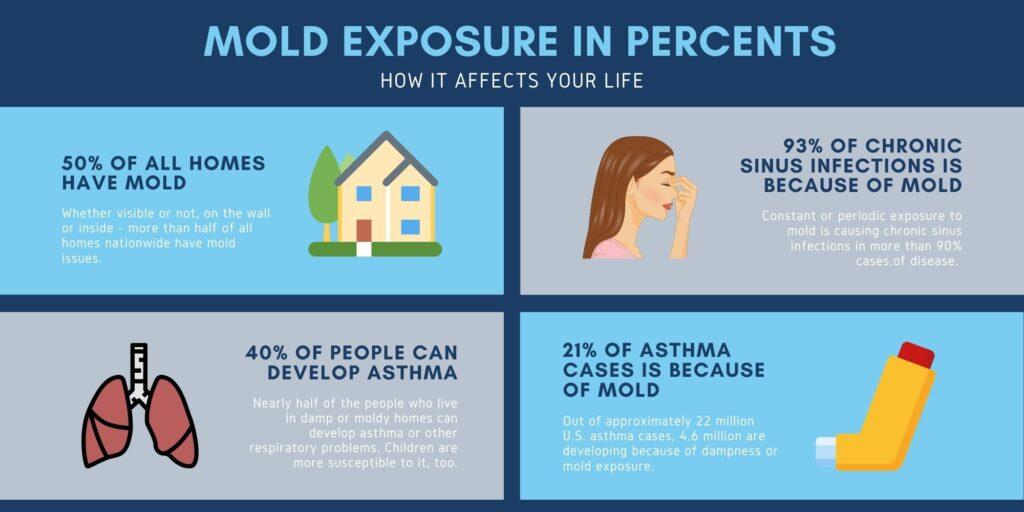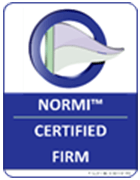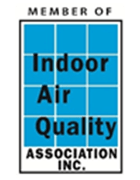There is a bounty of scientific evidence that mold spores can trigger allergies, as well as pulmonary issues such as asthma. The medical community is very familiar with mold allergies. The symptoms are similar to hay fever symptoms, such as sneezing, persistent cough, eye irritation, excessive tear production, runny nose or nasal congestion, sore throat, and skin irritation.
However, mold sensitivity is harder to recognize, which can be extremely frustrating for those who are living with it. It’s a common scenario: someone suffers from anxiety, cognitive issues, depression, insomnia, or some other symptom. Physicians can’t seem to locate the root cause. It doesn’t ‘fit the mold’ of typical mold allergies. Since there is limited data concerning mold sensitivity, many physicians won’t recognize the symptoms. Mold sensitivity is often misdiagnosed. Many who are suffering with CIRS (Chronic Inflammatory Response Syndrome) are misdiagnosed as having depression, anxiety, post-traumatic stress disorder and other chronic conditions. Treatment for these conditions does not alleviate the symptoms of CIRS. CIRS often develops after chronic exposure to the interior of water-damaged buildings that are rife with mold. Fortunately, effective treatment protocols exist for CIRS once it is properly diagnosed.
Even more frustrating is that many who suffer from mold sensitivity are often incorrectly thought to be hypochondriacs.
There IS A Solution
Typical mold allergy tests won’t diagnose mold sensitivity. Mold sensitivity refers to non-allergic chronic reactions to mold exposure. Since symptoms vary widely, the medical profession is hindered by a lack of research. Fortunately, there are tests that can help identify mold sensitivity, which is the first step towards proper remediation.
Building Performance Solutions has invested in specialized testing for mold sensitized individuals.
We are certified to perform several types of specialized testing:
- Mycotoxin Testing
Individuals struggling with symptoms such as fatigue, difficulty concentrating, allergy-like symptoms, and other uncommon conditions may be suffering from mold sensitivity. In many cases, mold may be present but not visible. Mycotoxin Testing can help identify the presence of mold, even when it’s hidden.
Mycotoxins are specific toxins naturally produced by mold and other forms of fungi. Exposure to mycotoxins occurs through airborne mold particulates/spores in mold affected facilities and homes, as well as through certain types of foods. Exposure can result in illness with a widely varying degree of symptoms and severities from one individual to another.
Building Performance Solutions provides quick and accurate mycotoxin testing designed to detect many of the most well-known mycotoxins.
- ERMI Testing
ERMI Testing analyzes a single sample of dust from a commercial facility or home. The sample is analyzed using MSQPCR (mold-specific quantitative polymerase chain reaction) to quantify 36 specific molds and calculate an index number for comparison to an established database of reference homes. The EPA developed ERMI Testing as a standardized method to assess mold and indoor air quality investigations. It is a very useful tool in the evaluation of potential risks of indoor mold growth and related health effects to occupants.
- HERTSMI Testing
HERTSMI is an acronym for Health Effects Roster of Type Specific Forms of Mycotoxins and Inflammagens. This specialized mold test analyzes the dust sample provided for 5 types of molds. These molds are commonly referred to as the “Big 5”: Aspergilus Penicilloides, Aspergillus Versicolor, Chaetomium Globosum, Stachybotrys Chartarum, Wallemia Sebi.

The professionals at Building Performance Solutions can recommend the most appropriate and effective test for your specific application, as well as work with and other providers on solutions. If you or a family member are suffering with any of the above listed symptoms, consider Mold Sensitivity by Building Performance Solution.
tel:941-444-6353




